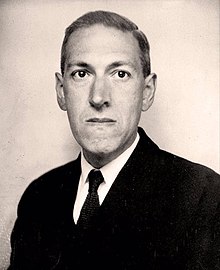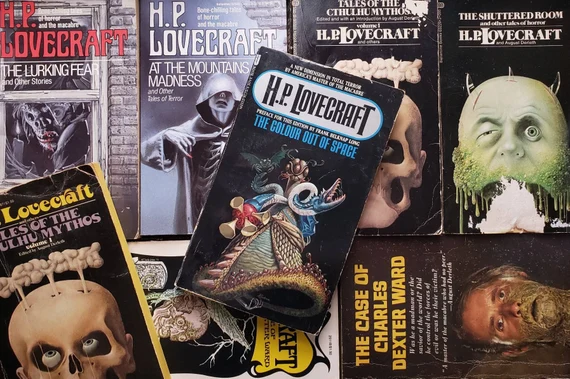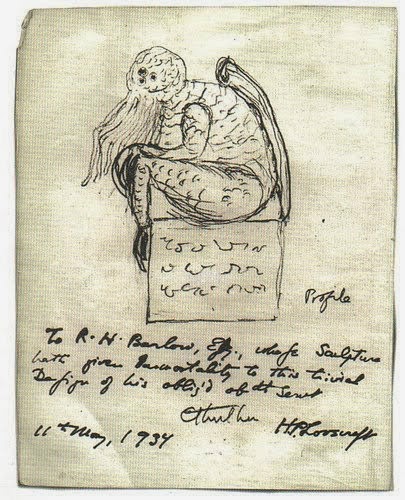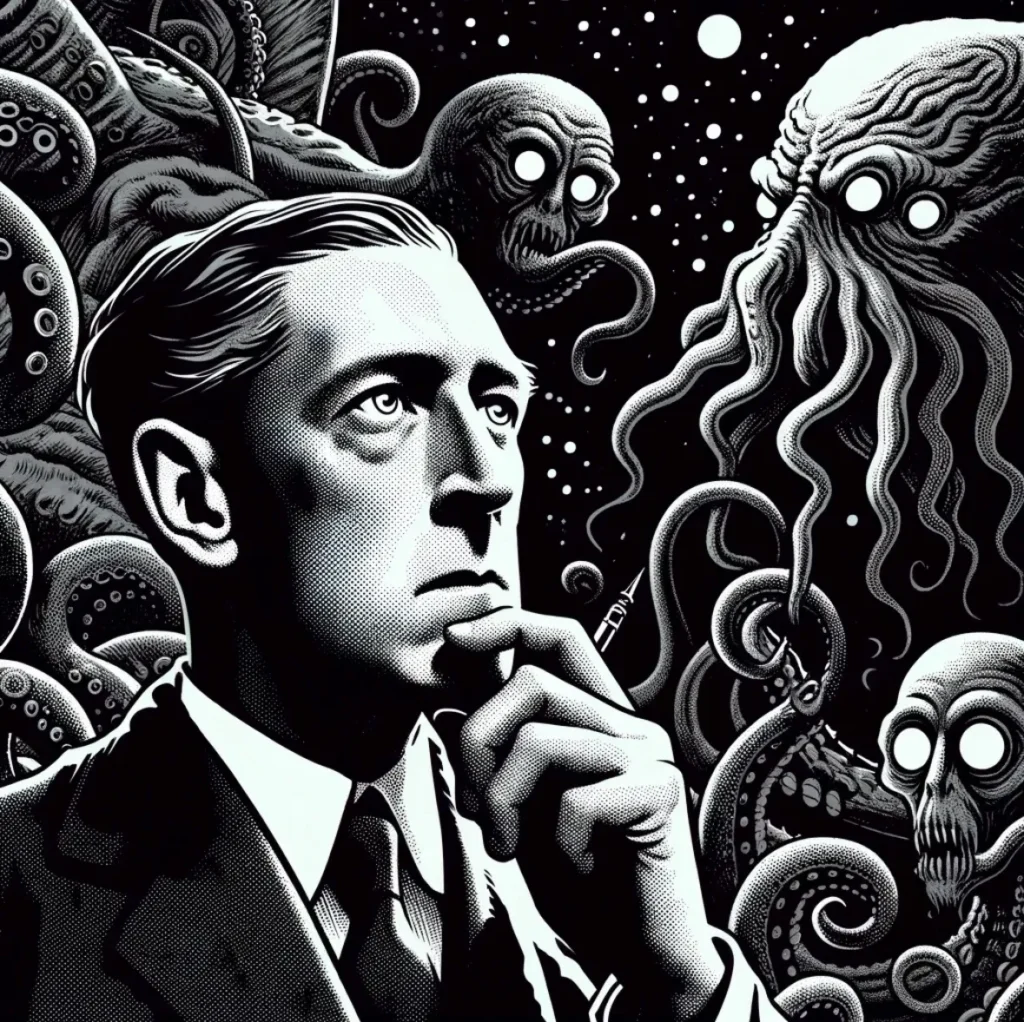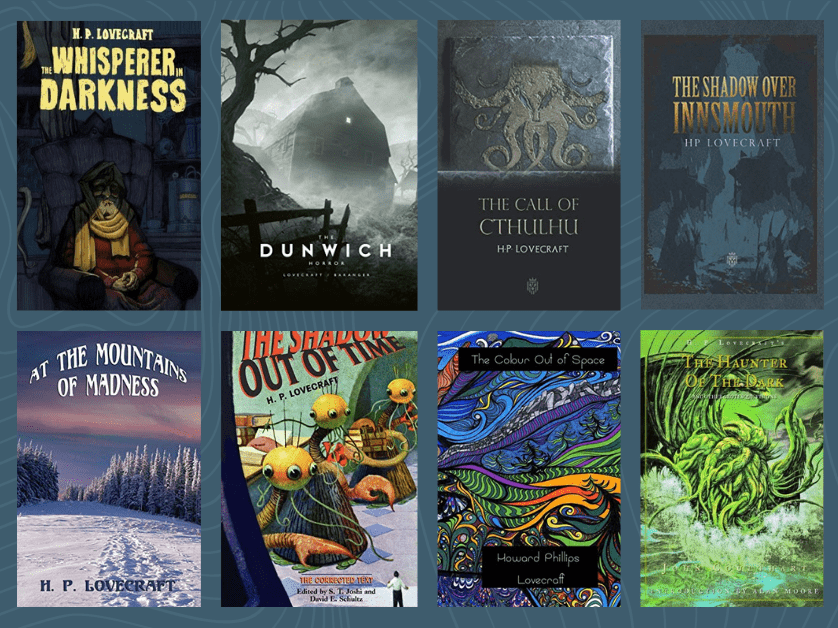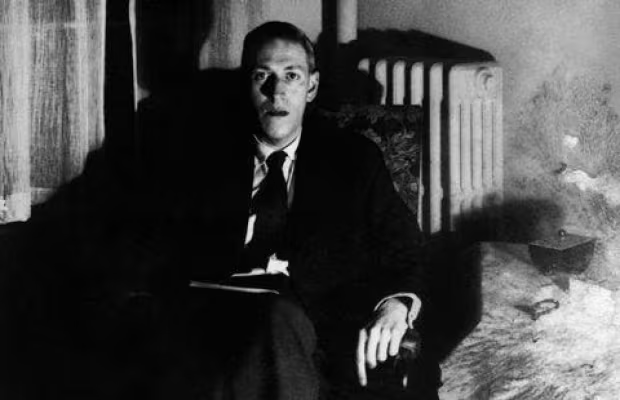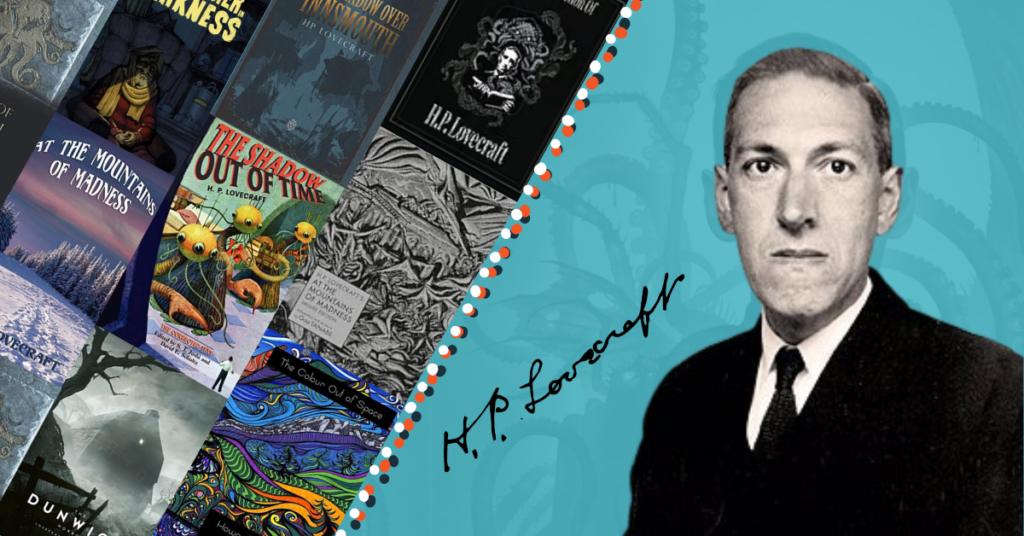
As October accelerates towards its end, the season for everything strange continues to take over our minds. Even bookworms unfamiliar with spooky books feel the call of the darkness and, thus, may be willing to dip their toes in the vast, deep, dark ocean that is the horror genre.
H.P. Lovecraft may not have invented horror books, but his works of fiction certainly changed them forever.
From influencing great minds—like Stephen King or George R. R. Martin—to creating a new philosophical perspective, H.P. Lovecraft’s books are captivating stories perfect for the Halloween season—and a must-read for anyone eager to open their minds to the worst eldritch horrors.
- Who Was H.P. Lovecraft?
- When Did H.P. Lovecraft Write His Books?
- How Many Books Did H.P. Lovecraft Write?
- What Are H.P. Lovecraft Books About?
- Why Are H.P. Lovecraft’s Books Important?
- H.P. Lovecraft and Racism
- The Best H.P. Lovecraft Books To Get Started
- Should You Read H.P. Lovecraft’s Books?
Who Was H.P. Lovecraft?
Howard Phillips Lovecraft was an American writer best known for his works encompassing the Cthulhu Mythos. He is considered one of the pillars of the horror literary genre and the father of the ‘cosmic horror’ subgenre; his influence and notoriety only match Edgar Allan Poe’s.
Perhaps it is fitting that he became a master of penned horrors, as he was afflicted by many fears throughout his life, leading him to live isolated in the comfort of the urban life he had always known.
Although he died at age 46, he managed to write countless books, essays, and short stories, most of which shared a setting, lore, and general universe.
When Did H.P. Lovecraft Write His Books?
H.P. Lovecraft was born in 1890 and died in 1937, so most of his books are clear examples of early 20th-century literature.
His first written work, The Alchemist, was a short story written in 1908 and published in 1916. He continuously published through the early-to-mid 20s, but it was in 1926 that he wrote The Call of Cthulhu and began crafting the works that would be later known as the Cthulhu Mythos.
His final work, The Haunter of the Dark, was written in 1935, only two years before his death.
How Many Books Did H.P. Lovecraft Write?
Between short stories, novellas, and excerpts, there are 65 officially recognized works by H.P. Lovecraft. However, the number could almost double if you consider juvenilia, collaborations, or ghostwriting pieces.
It’s worth mentioning that Lovecraft did not officially publish books during his lifetime. He mainly wrote short stories in letters and for pulp magazines, and they were only published after his death, when his friend August Derleth founded Arkham House and compiled his works as books.
Derleth also expanded on Lovecraft’s works post-mortem, publishing 16 more short stories linked to Lovecraft’s work, but whose validity as “collaborations” remains disputed by experts.
What Are H.P. Lovecraft Books About?
The body of H.P. Lovecraft’s books is sustained by his central thesis and an outstanding contribution to philosophy: cosmicism.
As a literary philosophy, cosmicism poses that humans are a small and insignificant part of the cosmos—a practically irrelevant existence within the universe. He poses that humans were not made in God’s image, if there is even a God, and therefore, their actions are meaningless and ultimately powerless.
As such, H.P. Lovecraft’s books explore the horrors derived from humanity’s discovery and acknowledgment of their helplessness against vast and unspeakable horrors lurking within the universe.
Within his work stands out the Cthulhu Mythos, a collection of stories set in the same shared universe. It was not developed by him alone—instead, it was born from the letters exchanged between Lovecraft and his writing circle, meaning it is an informal group of fictional works that do not precisely have established boundaries.
They focus on a group of alien entities called The Great Old Ones—powerful beings that escape human comprehension and exert an unfathomable amount of power on humanity, either by accident or intentionality. But despite being worshipped as gods by some cults, humanity is of no concern to them, and attempting to understand them would drive anyone mad.
Why Are H.P. Lovecraft’s Books Important?
H.P. Lovecraft’s exploration of cosmicism within his works created a brand-new literary genre: cosmic horror, also known as eldritch horror or, in his honor, Lovecraftian horror.
It stands out as starkly different from the gothic and supernatural trends dominating the genre at the time, such as those seen in Edgar Allan Poe’s work. In his stories, the fear comes from the human mind’s inability to understand the horrifying and abstract realities of the cosmos, highlighting the bleak and depressing reality of humanity’s lack of power and control.
In short, H.P. Lovecraft’s books set a precedent and defined an entirely new horror genre that would continue to influence writers until today. Likewise, the lore he created has permeated popular culture and become synonymous with horror.
However, as relevant and popular as his works are, his legacy is not without controversy.
H.P. Lovecraft and Racism
Although H.P. Lovecraft’s gigantic influence in current literature cannot be measured, it is equally matched by the size of the shadow cast on his legacy by his personal views.
Notoriously and intensely racist due to his fear and disgust at anything different from his version of “normal,” many of his works contain horrendous displays of hatred that can make reading them a triggering experience. Indeed, he considers racial impurity one of the many “horrors” to be found within the world and thus wrote on it on several occasions.
As such, readers should be careful when reading his works, as casual displays of xenophobic and racist views are littered across the text.
The Best H.P. Lovecraft Books To Get Started
Lovecraft’s work is extensive and varied, so listing each would be exhaustive. Likewise, the Cthulhu Mythos is diffuse and contains works by other authors, so listing them all would also be futile.
However, if you’re eager to understand the core of Lovecraft’s work, the following seven stories are the perfect starting point, as they are the fundamental basis of the Cthulhu Mythos and, therefore, some of the most influential works among Lovecraft’s bibliography.
1. The Call of Cthulhu (1928)
2. The Colour Out of Space (1927)
3. The Dunwich Horror (1929)
4. The Whisperer in Darkness (1931)
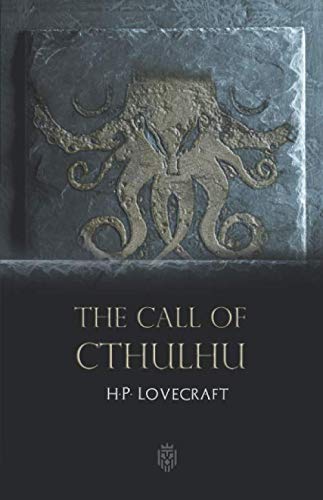 |
 |
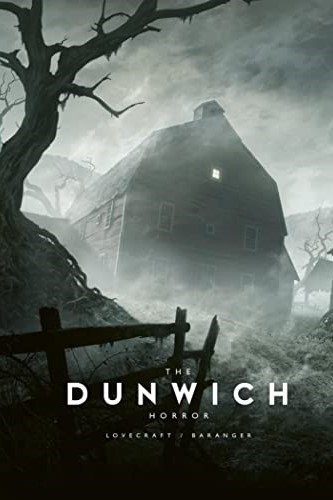 |
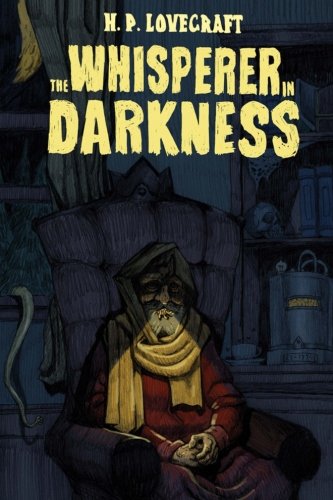 |
5. At the Mountains of Madness (1936)
6. The Shadow Over Innsmouth (1936)
7. The Shadow Out of Time (1936)
8. The Haunter of the Dark (1936)
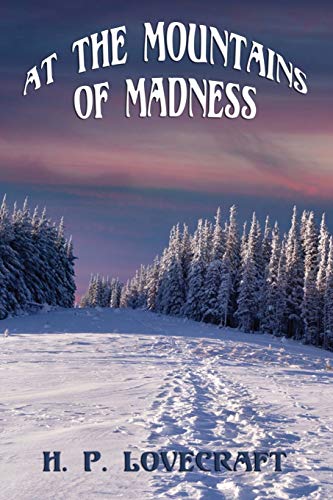 |
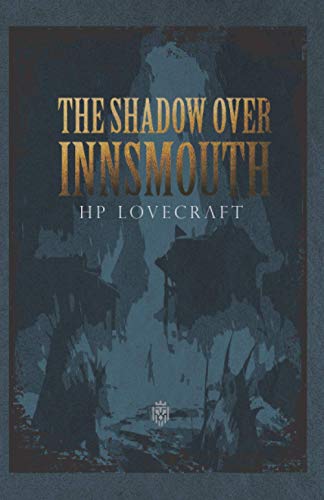 |
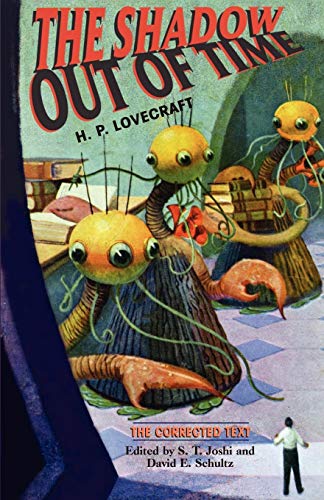 |
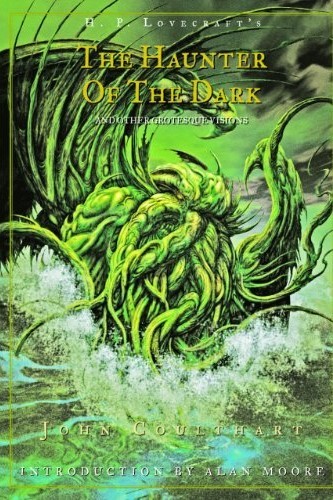 |
Should You Read H.P. Lovecraft’s Books?
The bleak horror of humanity being a cosmic plaything for incomprehensible beings looking down with indifference is the primal fear exploited within the Cthulhu Mythos. However, these concepts have escaped H.P. Lovecraft’s books and have found themselves at home in popular culture.
While reading Lovecraft’s short stories is not necessary to comprehend the Cthulhu lore—the Internet is eager to explain it, after all—those able to digest the horrors of intolerance within the pages will be rewarded with terrifyingly beautiful prose and a deep, profound sense of existential dread that will last for a while.
For more reading suggestions, be sure to check out other articles on dark fantasy books, mystery novels, and the works of Stephen King.

